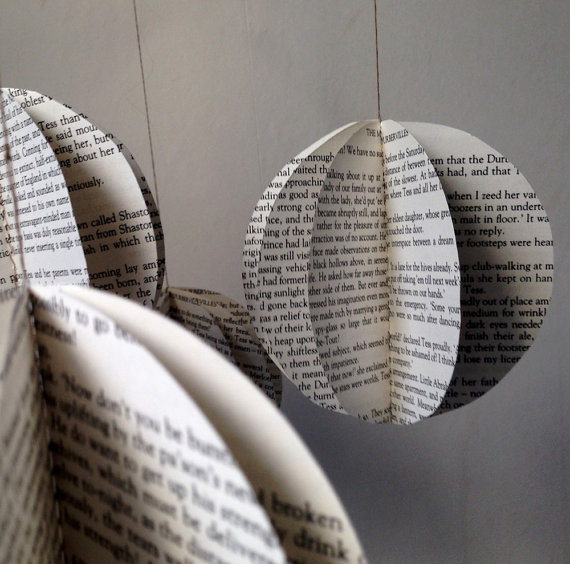A List of Especially Memorable Fiction and Nonfiction from 2016

For the past few years I’ve been keeping a list of all the books I’ve read. This simple trick has resulted in a marked increase in the amount of reading I do. I group the book titles by month; when the date is getting to be in the mid- to late 20s and I check my list to find that I’ve only listed one or two books so far, which is often the case, the next several days will include harried bouts of late-night reading intended to prevent myself from later feeling ashamed when I would hope to be proudly perusing my list.
Highlights from this year’s list follow the jump. READ MORE >
When the Establishment is Infinitely more Avant-Garde than the Avant-Garde, is it not time to Reconsider Our Notion of the Avant-Garde?
httpv://www.youtube.com/watch?v=iOsgqG5OOlM&
This might be a good time for us to re-visit Chris Bachelder’s 2004 essay, “A Soldier Upon a Hard Campaign,” which was written about the problems of integrating satire and politics into one’s writing, without continually being upstaged by the world.
I found it poignant that Animal Face-Off was airing just as Bear v. Shark was sliding quietly out of print. It seemed to mean something, but I wasn’t sure what. I suppose I couldn’t figure out if the TV show made the book more or less urgent and necessary. Probably less, I decided. The lag time between absurdist, futuristic satire and American reality was something like two years in this case.
The essay also contains the following maxim about the nature of art which has stuck with me ever since I first read it. I was just thinking about it the other day, in fact. It goes: “Beauty without Conviction is a beer commercial; Conviction without Beauty is a pamphlet.”
So, if this was my Expository Writing class, the essay question would be something like: Using the Norton anti-virus commercial and Bachelder’s discussion of satire as our critical sources, let us work outward toward a more general discussion of the nature of the avant-garde in literature. When randomness, absurdity, and anti-narrative are the standards of the mainstream (and what is advertising if not mainstream desires and values served back to the mainstream in their purest forms?) what does the cutting edge look like? Can the avant-garde seek to invert those values by embracing “classical” values and forms such as linear storytelling in a realist mode, or should we seek to break out of the dialectic entirely? What might that breaking-out look like?
5 pages, double-spaced. Rough draft due Tuesday; final draft due a week from Tuesday. Or whatever’s on your mind right now, left in the comments here. Whichever.
